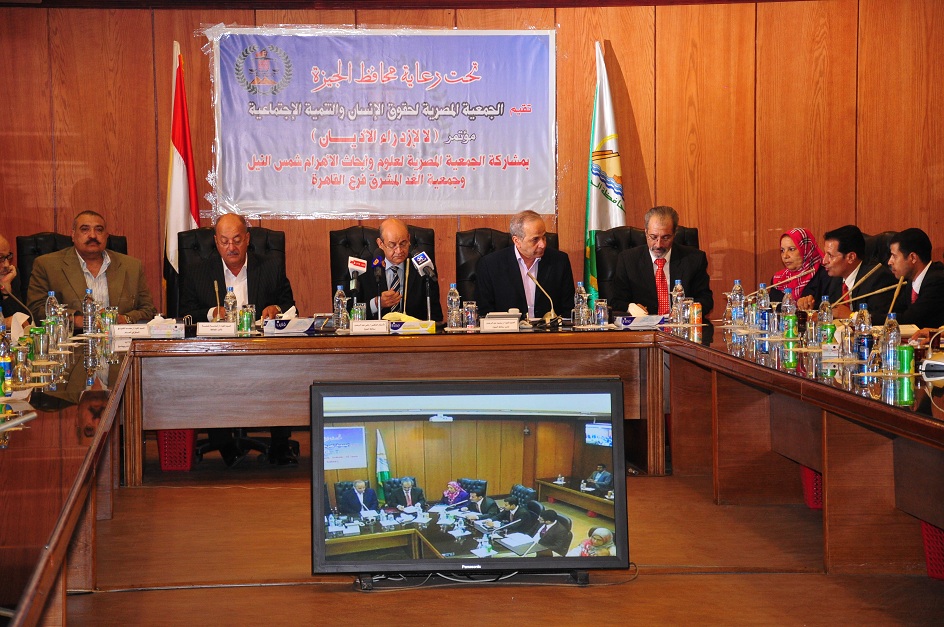OUAGADOUGOU: Burkina Faso has postponed until 2009 the start of genetically modified cotton production, a controversial process that the country s authorities say is necessary to compete. We cannot produce the cotton this year on a large-scale, but certainly by 2009, after we have increased the number of transgenic seeds sufficient in quality and quantity in 2007 and 2008, said Georges Yameogo, an official with Sofitex, Burkina s textile and fibre company. The country, which began testing genetically modified cotton in 2003 with the support of US firm Monsanto, was the first nation in Africa s Sahelian region to do so, following the introduction of the cotton in Egypt and South Africa. Burkina is Africa s largest cotton producer, churning out some 700,000 tons in 2006, and the crops represent 60 percent of the country s revenue, supporting some two million people. Authorities in Burkina Faso have said cotton production must be modernized in order to compete with industrialized countries that provide subsidies to their farmers. The weak dollar has also been a threat, they said, with Burkina Faso s CFA franc pegged to the euro. The global market for transgenic seeds should reach 25 billion dollars (19 billion euros) in 2025, the agriculture ministry said. Meanwhile on Thursday, Sofitex chief Celestin Tiendrebeogo said cotton prices for 2007 have been set lower than they were in 2006 in Burkina Faso. He blamed worldwide price decreases, as well as the weak dollar compared to the euro. Tests in 2003 and 2005 resulted in 30 to 40 percent increases in yield per hectare, as well as substantial savings on insecticides and fertilizer, according to Sofitex. Organizations opposed to genetically modified crops have warned that transgenic cotton could result in serious damage to humans and the environment. We still say that the principle of precaution has not been observed, said Jean Didier Zongo, head of a coalition against genetically modified agriculture. We must not risk going there because we are not sure if there are negative impacts.

